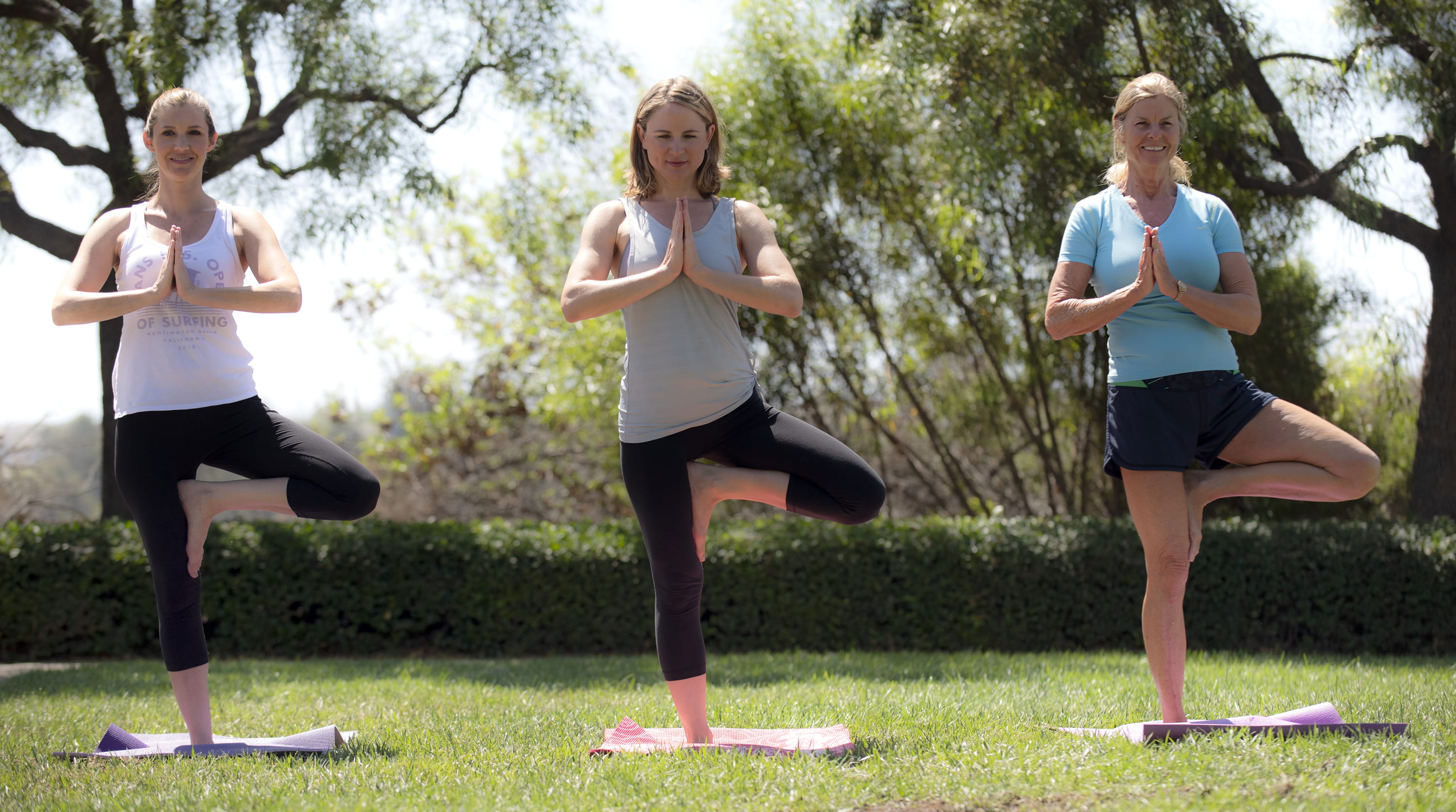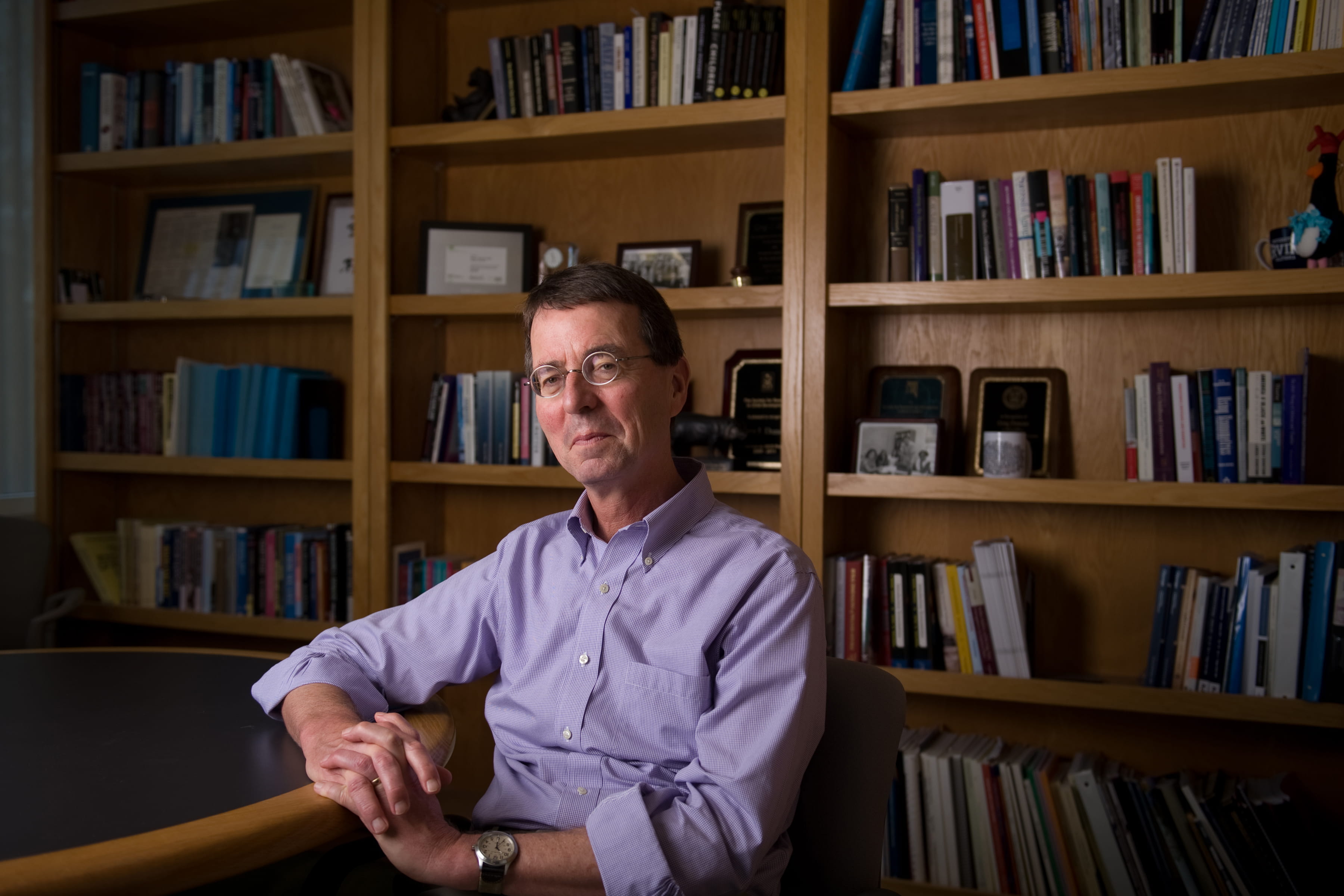Now you just need to remember to exercise!
Even mild physical activity immediately improves memory function, UCI-led study finds

Irvine, Calif., Sept. 24, 2018 – People who include a little yoga or tai chi in their day may be more likely to remember where they put their keys. Researchers at the University of California, Irvine and Japan’s University of Tsukuba found that even very light workouts can increase the connectivity between parts of the brain responsible for memory formation and storage.

Steve Zylius / UCI
In a study of 36 healthy young adults, the researchers discovered that a single 10-minute period of mild exertion can yield considerable cognitive benefits. Using high-resolution functional magnetic resonance imaging, the team examined subjects’ brains shortly after exercise sessions and saw better connectivity between the hippocampal dentate gyrus and cortical areas linked to detailed memory processing.
Their results were published today in Proceedings of the National Academy of Sciences.
“The hippocampus is critical for the creation of new memories; it’s one of the first regions of the brain to deteriorate as we get older – and much more severely in Alzheimer’s disease,” said project co-leader Michael Yassa, UCI professor and Chancellor’s Fellow of neurobiology & behavior. “Improving the function of the hippocampus holds much promise for improving memory in everyday settings.”
The neuroscientists found that the level of heightened connectivity predicted the degree of recall enhancement.
Yassa, director of UCI’s Center for the Neurobiology of Learning and Memory and the recently launched UCI Brain Initiative, said that while prior research has centered on the way exercise promotes the generation of new brain cells in memory regions, this new study demonstrates a more immediate impact: strengthened communication between memory-focused parts of the brain.
“We don’t discount the possibility that new cells are being born, but that’s a process that takes a bit longer to unfold,” he said. “What we observed is that these 10-minute periods of exercise showed results immediately afterward.”
A little bit of physical activity can go a long way, Yassa stressed. “It’s encouraging to see more people keeping track of their exercise habits – by monitoring the number of steps they’re taking, for example,” he said. “Even short walking breaks throughout the day may have considerable effects on improving memory and cognition.”
Yassa and his colleagues at UCI and at the University of Tsukuba are extending this avenue of research by testing older adults who are at greater risk of age-related mental impairment and by conducting long-term interventions to see if regular, brief, light exercise done daily for several weeks or months can have a positive impact on the brain’s structure and function in these subjects.
“Clearly, there is tremendous value to understanding the exercise prescription that best works in the elderly so that we can make recommendations for staving off cognitive decline,” he said.
Data collection for this project took place in Japan, and the analysis was carried out in both Japan and Irvine. The study was led by Yassa and Hideaki Soya, professor of health and sport sciences at the University of Tsukuba. Joint first authors on the paper are Kazuya Suwabe and Kyeongho Byun of the University of Tsukuba. The work was supported by the U.S. National Institutes of Health and Japan’s Ministry of Education, Culture, Sports, Science and Technology.
About the University of California, Irvine: Founded in 1965, UCI is the youngest member of the prestigious Association of American Universities. The campus has produced three Nobel laureates and is known for its academic achievement, premier research, innovation and anteater mascot. Led by Chancellor Howard Gillman, UCI has more than 30,000 students and offers 192 degree programs. It’s located in one of the world’s safest and most economically vibrant communities and is Orange County’s second-largest employer, contributing $5 billion annually to the local economy. For more on UCI, visit www.uci.edu.
Media access: Radio programs/stations may, for a fee, use an on-campus ISDN line to interview UCI faculty and experts, subject to availability and university approval. For more UCI news, visit wp.communications.uci.edu. Additional resources for journalists may be found at communications.uci.edu/for-journalists.

